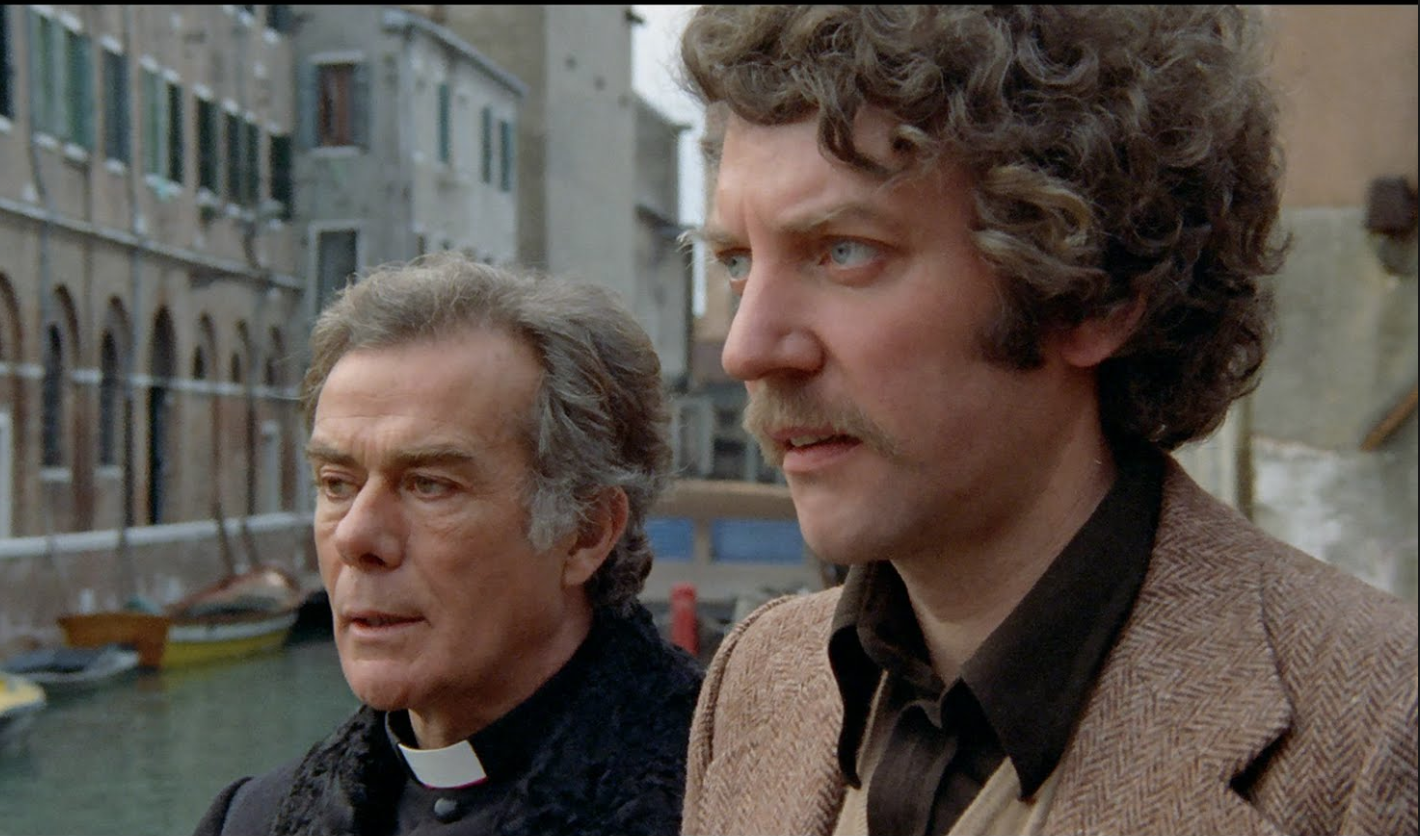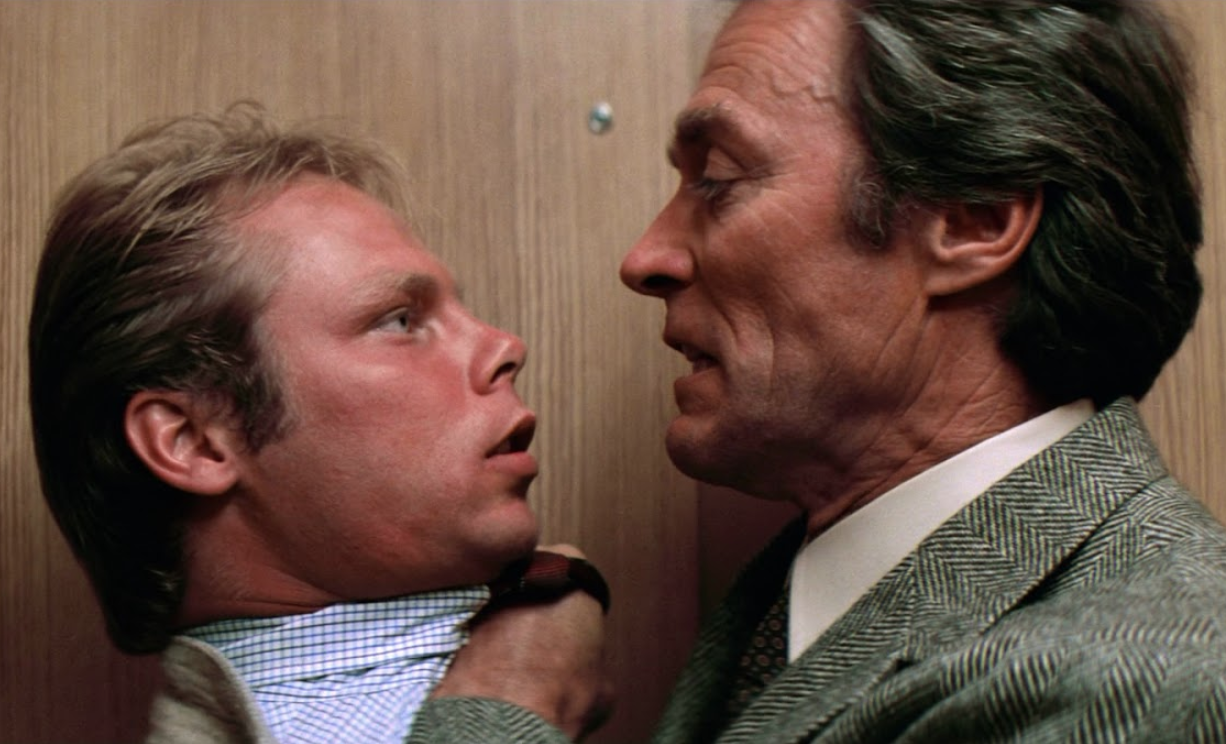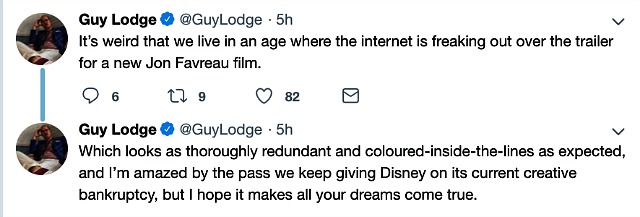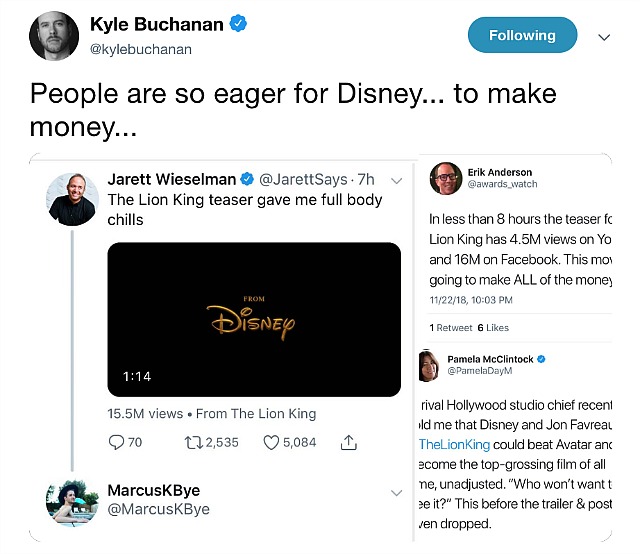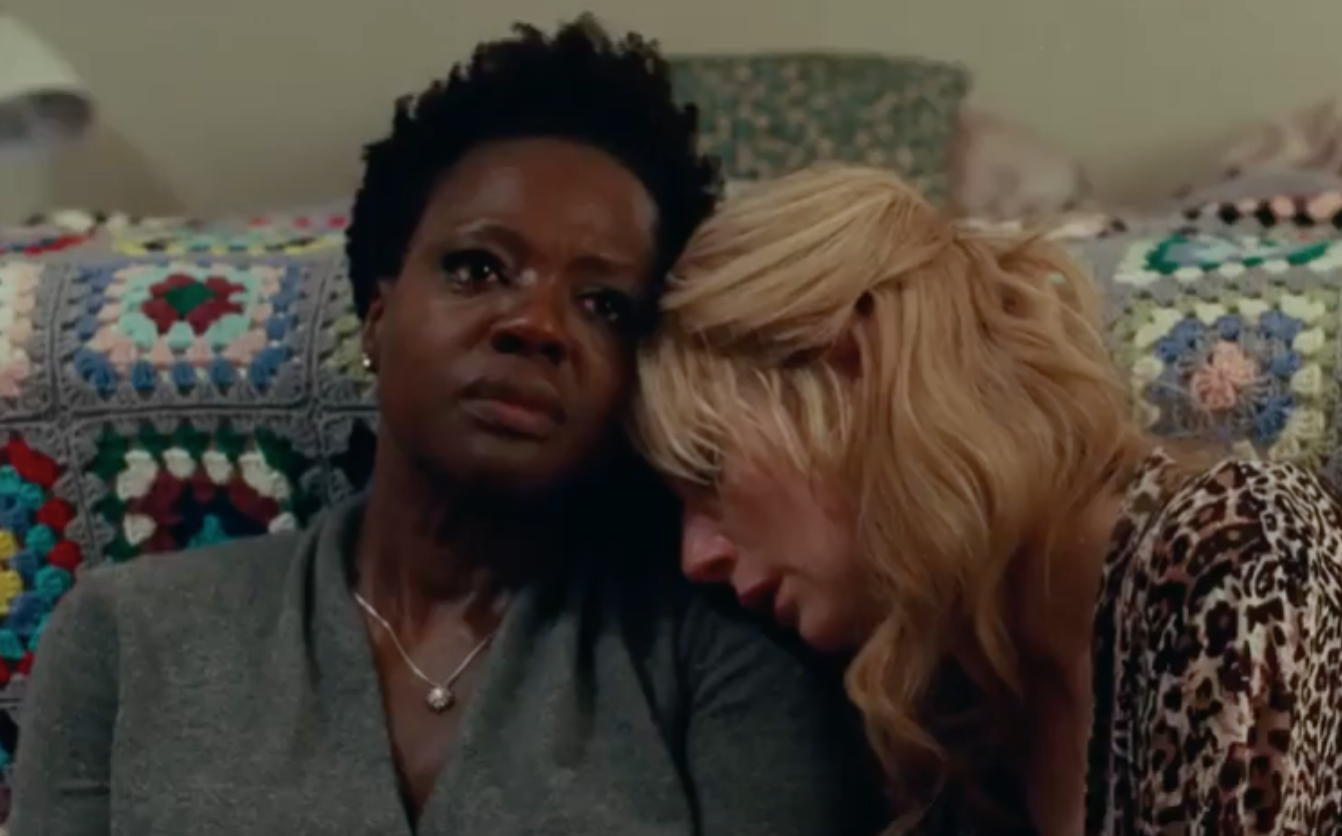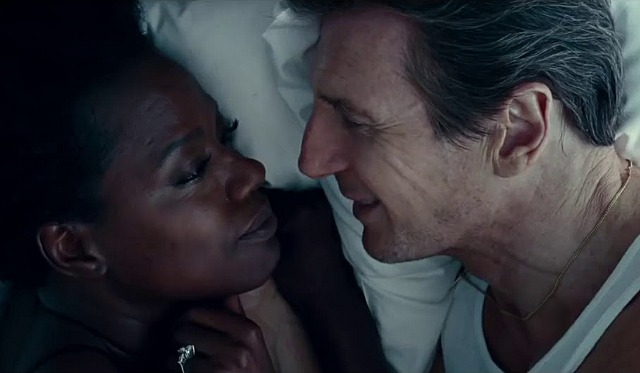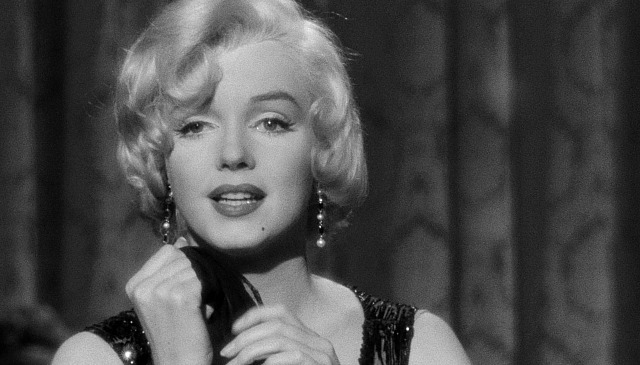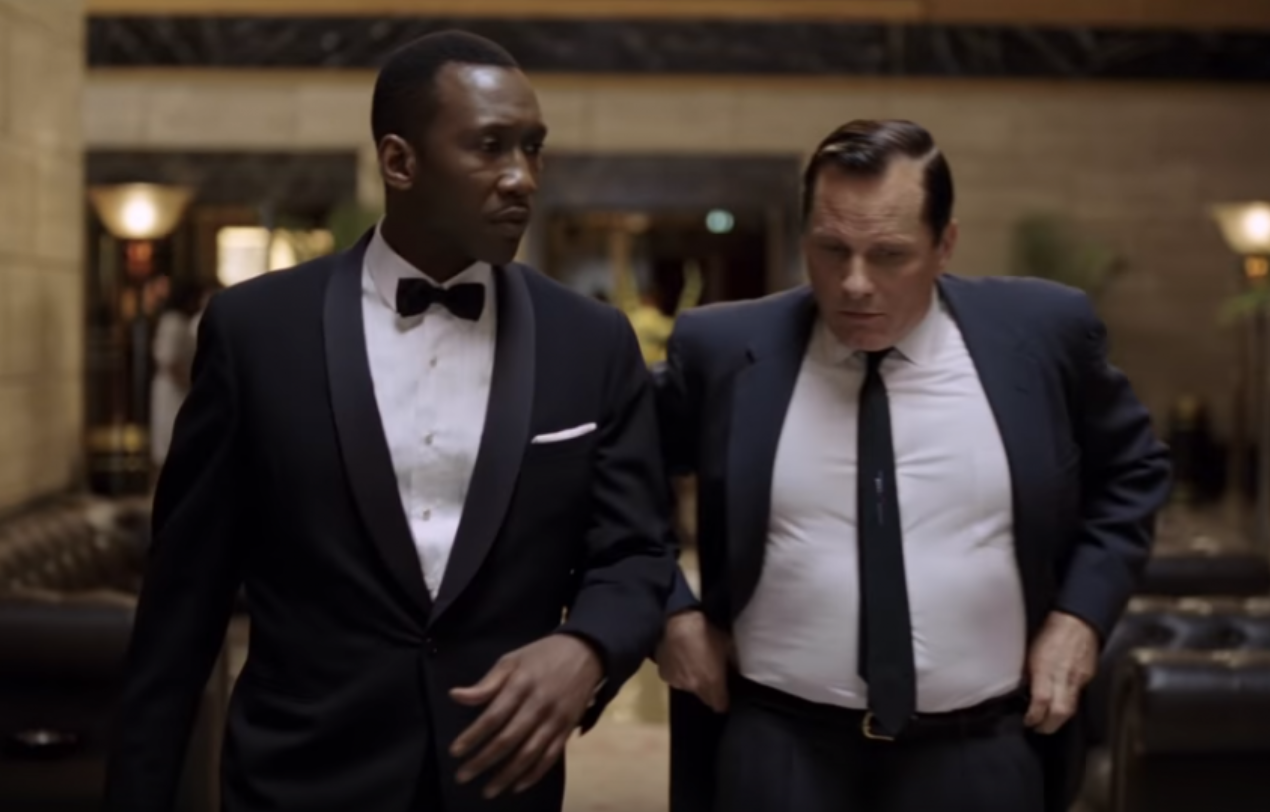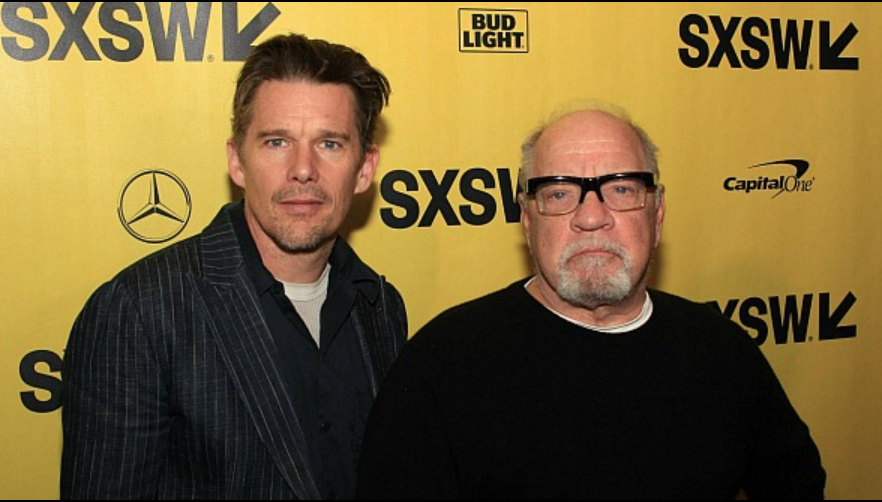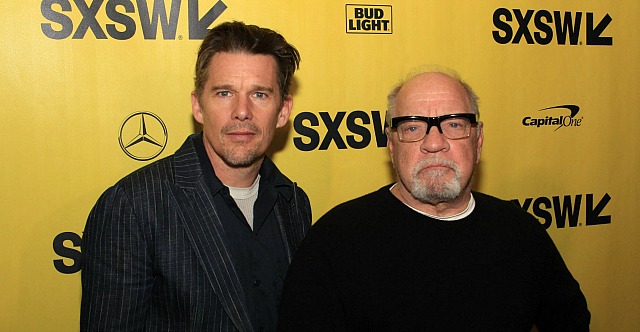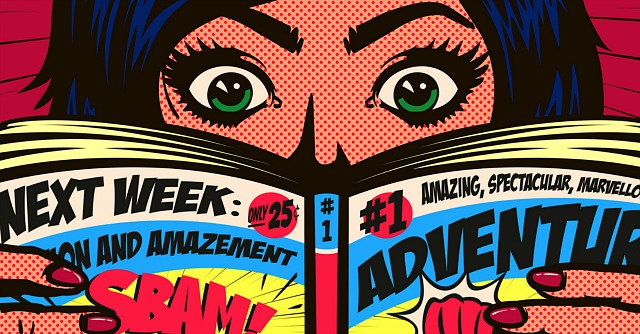In response to the 11.26 death of Bernardo Bertolucci, New York critic David Edelstein shared a coarse and unwise sentiment — a flip joke, if you will — on Facebook. Along with a still of the Marlon Brando-Maria Schneider anal sex scene from Last Tango in Paris, he wrote that “even grief is better with butter.”
In a matter of hours Edelstein, who had quickly deleted and apologized for the post, became Satan’s spawn. Which was no surprise in our ongoing Salem-witch-trials-on-twitter climate. He was going for a tone of casual, hipper-than-thou impudence, I suppose, but in a social-media sense what he wrote was actually quite bone-headed. You don’t spit into the wind.
Actress Martha Plympton tweeted that she’d been avoiding Bertolucci’s passing “precisely because of this moment in which a sexual assault of an actress was intentionally captured on film.” (A dead wrong observation, by the way.) “And this asshole” — Edelstein — “makes it into this joke. Fire him. Immediately.”
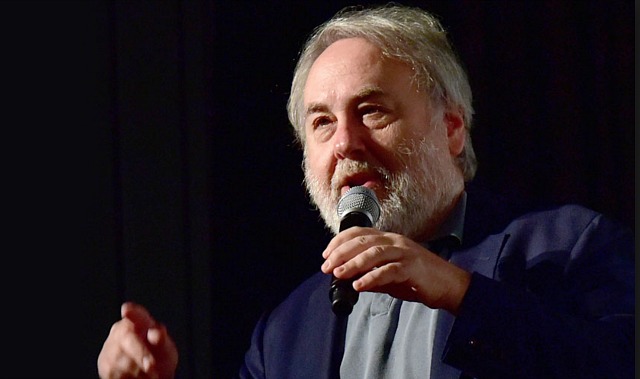
Guardian contributor and Women in Hollywood founder Melissa Silverstein wrote that Edelstein “has been a sexist asshole for many years. Why is he still employed?”
Edelstein was soon after fired from his commentator gig on NPR’s “Fresh Air,” and yesterday afternoon, I’m told, he was disinvited from moderating a discussion with Private Life director Tamara Jenkins during a mid-day press luncheon at The East Pole on East 65th Street. (Edelstein didn’t reply when I double-checked with him last night.)
The stupidity factor aside, Edelstein was basically saying that the infamous Tango scene had left the strongest impression as he considered Bertolucci’s career-long imprint, just as when Steven Spielberg passes someone will tweet something about the primal impact of Jaws. But of course, Edelstein was also conveying a cavalier attitude about Schneider’s 2007 claim that the shooting of this scene was traumatic because she hadn’t been consulted by Bertolucci and Brando beforehand, and that she felt “a little bit raped.”
A couple of years ago hair-trigger types (Jessica Chastain among them) took this to mean that Bertolucci and Brando had sprung the rape scene upon Schneider and perhaps had even subjected her to an actual on-camera violation, but Schneider was clear in her ’97 interview that the sex was simulated. She maintained, however, that the anal-sex aspect “wasn’t in the original script,” and that “it was Marlon who came up with the idea,” and that “they only told me about it before we had to film the scene and I was so angry.”
This was strongly denied by Bertolucci two years ago. “I specified…that I decided with Marlon Brando not to inform Maria that we would [be using] butter,” he wrote. “We wanted her spontaneous reaction to that improper use [of the butter]. That is where the misunderstanding lies. Somebody thought, and thinks, that Maria had not been informed about the violence on her. That is false!
“Maria knew everything because she had read the script, where it was all described. The only novelty was the idea of the butter. And that, as I learned many years later, offended Maria. Not the violence that she is subjected to in the scene, which was written in the screenplay.”
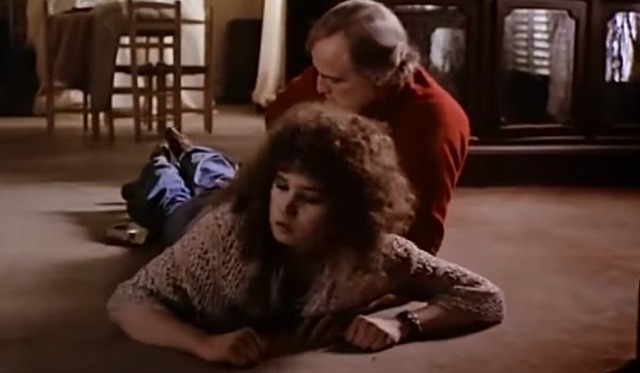
In his apology Edelstein claimed he “was not aware of” Schneider’s experience on the film. But how could he have possibly missed that December ’16 twitter brouhaha? It got a lot of play and lasted a good two or three days.
The Edelstein thing is yet another illustration of the present-day fact that if you’re stupid enough to say the wrong thing, the mob will turn on you like that, and even your “friends” will run in fear of your evil aura. This is the ’50s blacklist scare all over again.
I’ve written before that everyone in the public spotlight should be entitled to at least a couple of “get out of jail” cards in the event of a haphazard tweeting of something idiotic. We should acknowledge that the ability to say something wrong and hurtful (as Plympton did when she tweeted that the Tango anal-sex scene was an “intentional capturing” of “a sexual assault of an actress” when in fact the scripted scene was about Brando and Schneider performing simulated sex) is in all of us.
I for one feel that Edelstein, a wise, seasoned and brilliant critic who has paid his dues and proved his critical mettle over decades, should not be seized by guards and taken out behind the building and shot in the head. He should be caned, okay, but also given a chance to speak and atone some more and perhaps share some related truths. But tell that to the twitter mob.

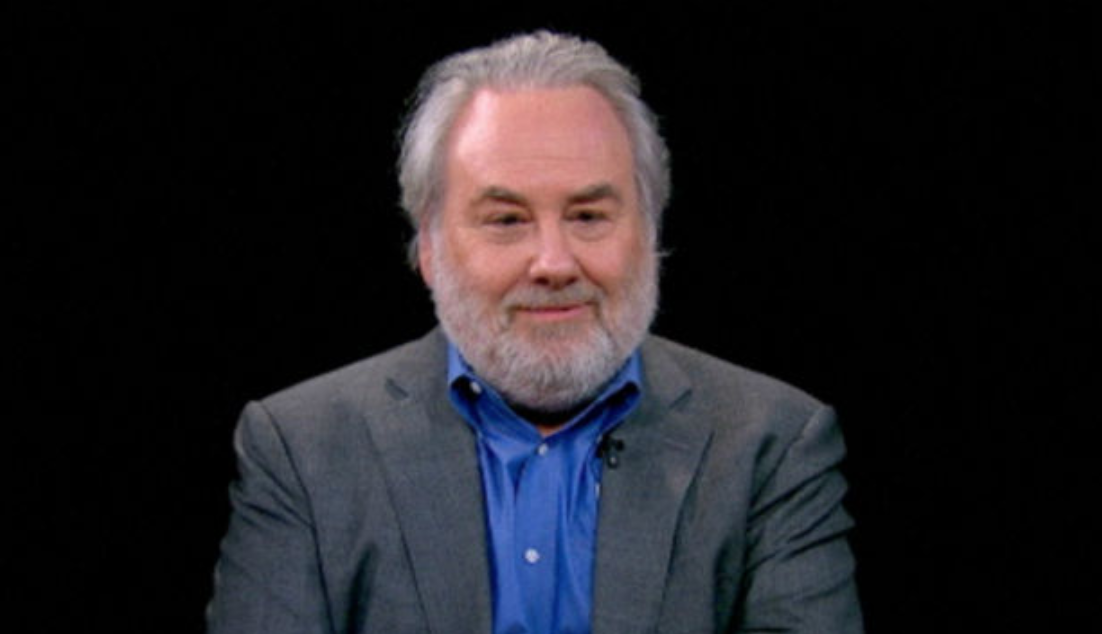
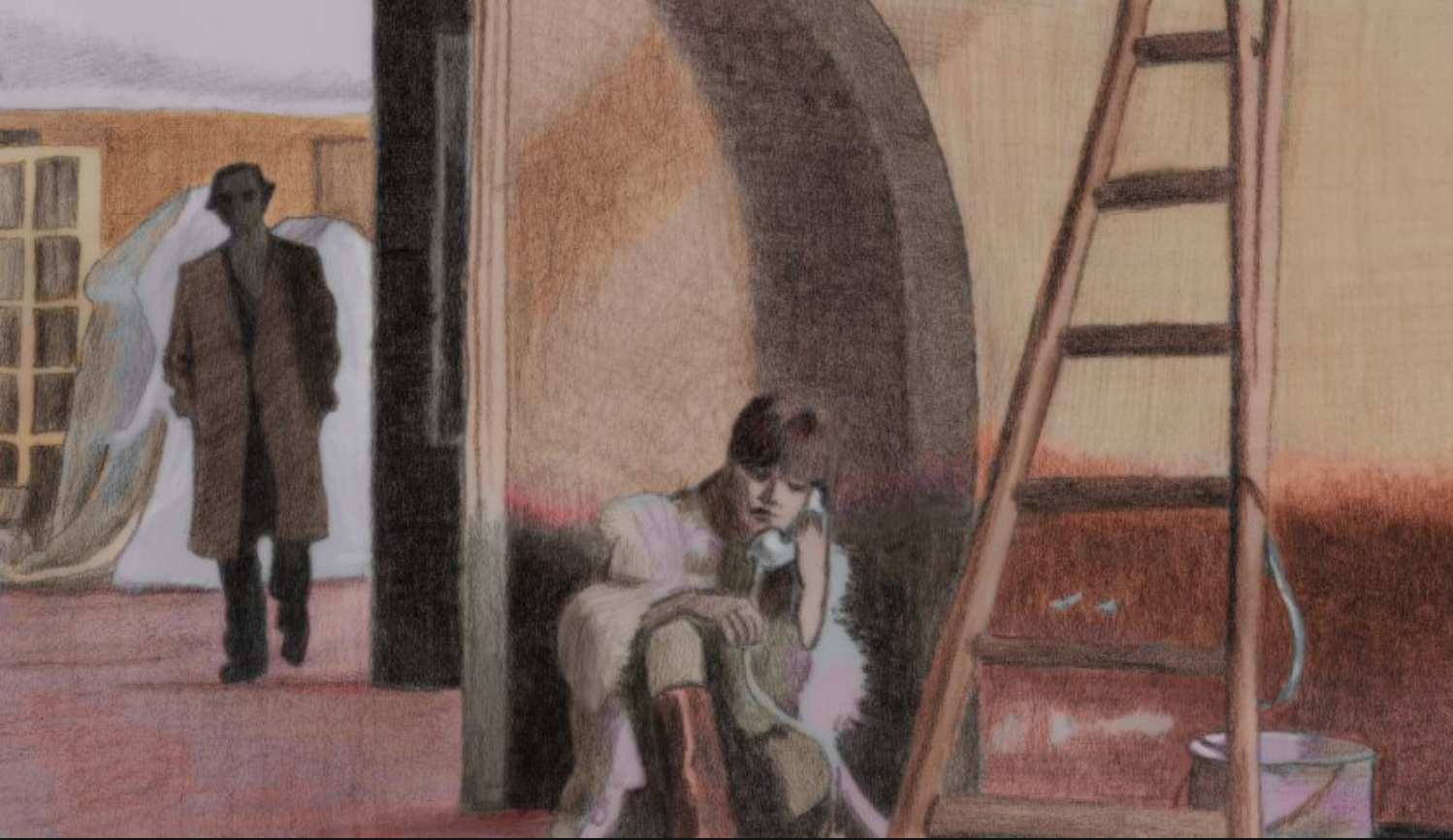
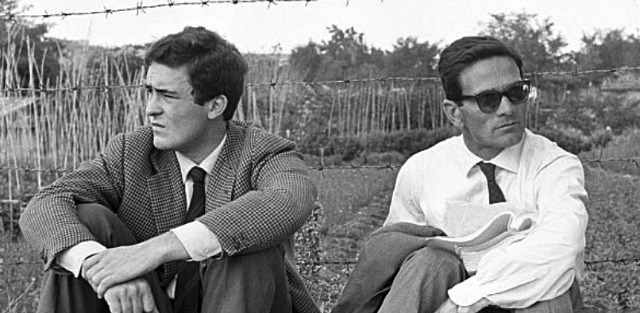

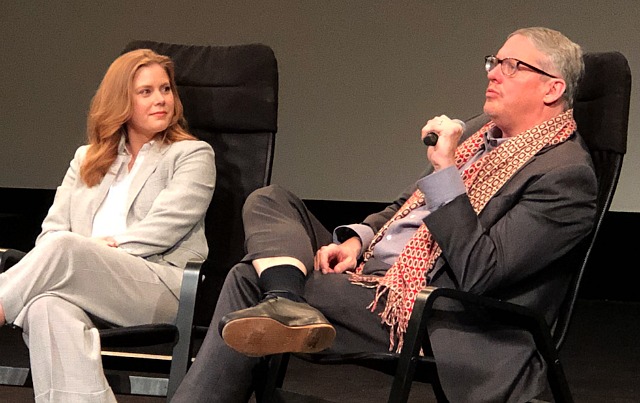
 Vice costar Amy Adams, director-writer Adam McKay following this morning’s screening at the SVA theatre on West 23rd street.
Vice costar Amy Adams, director-writer Adam McKay following this morning’s screening at the SVA theatre on West 23rd street.